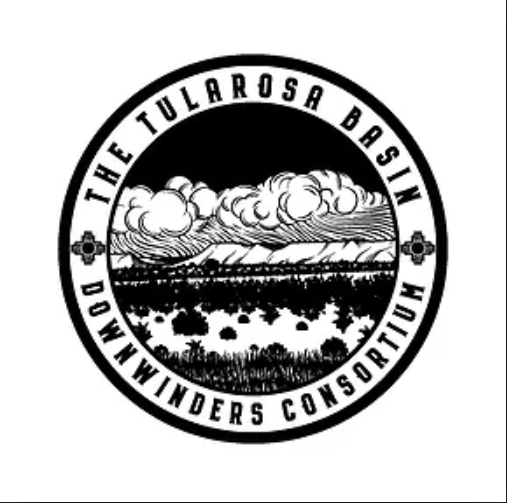New Bill In Congress Would Expand Compensation For People Exposed To Radiation
Democrat Ben Ray Lujan is the U.S. Representative from New Mexico’s Third Congressional District. Last Tuesday, he introduced a bill in the House to expand a compensation program for all those exposed to radiation from nuclear testing and uranium mining. The bill seeks to address the fallout across the western U.S., Guam and the Northern Mariana Islands.
Since the testing of the first atomic bomb in New Mexico in 1945 as part of the Manhattan Project, the U.S. conducted almost two hundred atmospheric tests of nuclear warheads before all atmospheric testing was banned in 1992. Uranium mining has been continuous since the 1940s.
Tens of thousands of people including miners, truck drivers, people living near test sites and soldiers posted near test explosions have been exposed to nuclear radiation. This exposure has resulted in cancer, birth defects and other radiation induced illnesses. Native American communities have been disproportionally affected. Lujan said, “Radiation exposure has taken the lives of too many and continues to hurt our communities. I know how important this legislation is for New Mexico families that have been affected.”
Congress passed the Radiation Exposure Compensation Act in 1990. Part of the reason for the passage of this Act was the desire to avoid expensive litigation that would have been needed to make sure that the federal government met financial obligations to workers whose health was damaged by the radiation hazards of their jobs and/or their location.
In 2000, the coverage of the Act was broadened. Currently, compensation varies from a one-time payout of one hundred thousand dollars for uranium miners and processors to fifty thousand for people who lived downwind from the Nevada Test Site.
Supporters of the legislation have been claiming for years that many people who were exposed are not eligible to file compensation claims under the current Act. Downwinders in the Tularosa Basin of New Mexico where the first nuclear test was conducted are part of that group. The Tularosa Basin Downwinders Consortium claims that many of the people who lived near the test site were not told that the test involved an atomic bomb until after the end of World War II.
Tina Cordova is a cancer survivor and one of the people who founded the Tularosa Basin Downwinders Consortium. She said, “The government did nothing at the time to monitor what was happening with the fallout. They did nothing to protect our health at the time of the test. They did nothing to warn before or after and people were dying.”
Comprehensive epidemiological studies have never been conducted on those who were exposed to radiation. A recently published paper in the Bulletin of the Atomic Scientists reviewed New Mexico state health data. The researchers found that there was a spike in infant mortality with no obvious explanation that started a month after the first atomic test detonation. Infant mortality in New Mexico had been declining until the test in 1945.
Almost three dozen members of the U.S. House of representative have signed onto Lujan bill. Lujan hopes that his bill will pass and finally provide compensation to many who have been left out. The current Act expires in two years, so Congress has a deadline for updating the Act. The new bill would extend the compensation program until 2045. Included in Lujan’s bill is a requirement that the U.S. officially apologize to people living in New Mexico, Idaho, Colorado, Arizona, Utah, Texas, Wyoming, Oregon, Washington, South Dakota, North Dakota, Nevada, Guam and the Northern Mariana Islands who were exposed to radiation. The definition of downwind states would be expanded to include Arizona, Colorado, Idaho, Montana, Nevada, New Mexico, Utah and Guam.
